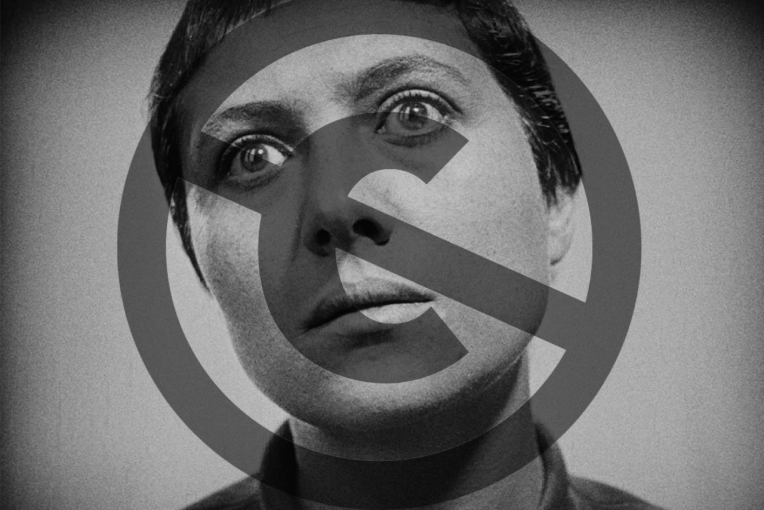As the clock struck midnight on January 1, 2024, a treasure trove of creative works entered the public domain for the first time, allowing for their free and open adaptation, performance, and reproduction. Known around the world as Public Domain Day, this unofficial holiday commemorates the expiration of copyright restrictions over humanity’s artistic and intellectual inheritance.
This occasion empowers individuals and communities to explore, reinterpret, and build upon the collective wealth of human creativity, fostering a dynamic exchange of ideas and promoting innovation across diverse fields. It also serves as a reminder of the importance of balanced copyright laws that strike a harmonious equilibrium between the rights of creators and the interests of the public. While copyright law is essential for incentivizing creativity and compensating rightsholders, it must also recognize the broader societal benefits of providing free access to the wellspring of ideas.
Though the term of copyright protections varies from country to country, in the United States works are currently subject to copyright for a period of 95 years following their publication, meaning that everything published prior to 1929 has now passed into the public domain. This includes an additional 66,318 titles available for full-text viewing and download through HathiTrust and 930 songs from the National Jukebox.
Perhaps most notably, this year brings the first incarnation of Mickey Mouse as he appeared in the animated short Steamboat Willie out of the so-called “Disney vault” and into the public sphere. This has almost happened four times before, most infamously right before the passage of the Copyright Term Extension Act of 1998, which some have derided as the “Mickey Mouse Protection Act.” Critics have pointed out that even as Disney lobbied to lock away its historic works the company was very successfully capitalizing on public domain stories and characters first published by authors like Hans Christian Anderson, Lewis Carroll, the Brothers Grimm, and Victor Hugo. Jennifer Jenkins, director of the Duke Center for the Study of the Public Domain, describes the 1998 act as “economically regressive and having a devastating effect on our ability to digitize, archive, and gain access to our cultural heritage. It locked up not just famous works, but a vast swath of our culture, including material that is commercially unavailable.”
Among other notable additions to the public domain this year are enduring literary classics such as Lady Chatterley’s Lover by D. H. Lawrence and Radclyffe Hall’s germinal lesbian romance The Well of Loneliness, as well as quintessential texts of the Harlem Renaissance and works featuring iconic children’s characters like Winnie the Pooh and Peter Pan. Cinematic gems from acclaimed directors, including The Passion of Joan of Arc and 17 works on the National Film Registry, have also joined this trove of shared culture. Unfortunately, many more undiscovered treasures likely perished during the long wait, as 75% of silent films produced between 1912 and 1929 are now considered to be lost.
The music world also welcomes a rich selection of written compositions from songwriters like Cole Porter and Louis Armstrong, providing musicians with a vast repertoire ripe for reinterpretation and adaptation. Music enthusiasts looking to explore new sounds, however, must wait an additional five years for albums and other media to enter the public domain; the Music Modernization Act of 2018 protects sound recordings for a period of 100 years instead of 95, meaning that only works from 1923 and earlier are available.
Public Domain Day reminds us that the creative legacies of the past are a gift to the present and an investment in the future. As we celebrate this inheritance, we reaffirm our commitment to the principles of openness, creativity, and the free exchange of ideas that lie at the heart of a thriving society.

